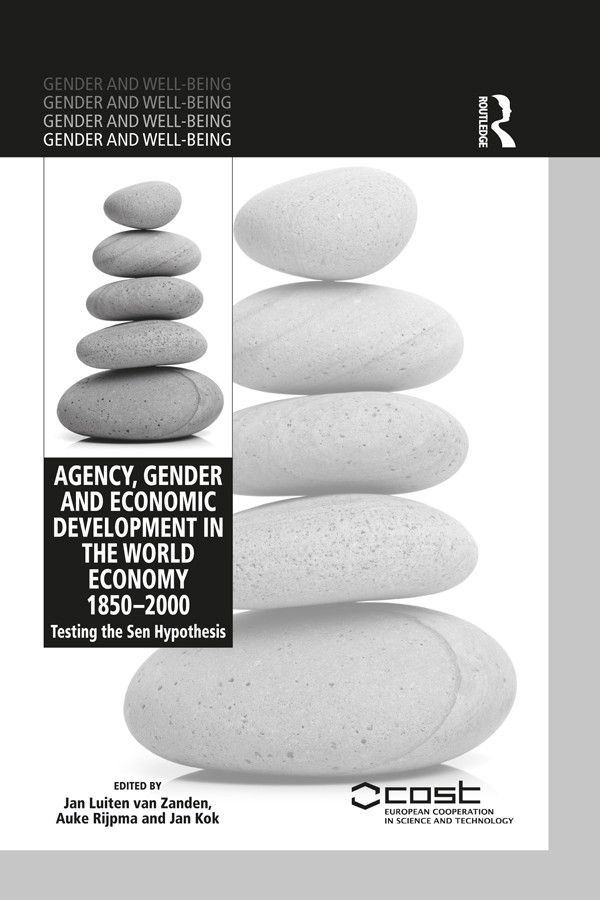

Most ebook files are in PDF format, so you can easily read them using various software such as Foxit Reader or directly on the Google Chrome browser.
Some ebook files are released by publishers in other formats such as .awz, .mobi, .epub, .fb2, etc. You may need to install specific software to read these formats on mobile/PC, such as Calibre.
Please read the tutorial at this link: https://ebookbell.com/faq
We offer FREE conversion to the popular formats you request; however, this may take some time. Therefore, right after payment, please email us, and we will try to provide the service as quickly as possible.
For some exceptional file formats or broken links (if any), please refrain from opening any disputes. Instead, email us first, and we will try to assist within a maximum of 6 hours.
EbookBell Team

4.4
92 reviewsHow has ‘agency’ – or the ability to define and act upon one’s goals – contributed to global long-term economic development during the last 150 years? This book asserts that autonomous decision making, and female agency in particular, increases the potential of a society to generate economic growth and improve its institutions.
Inspired by Amartya Sen’s capabilities approach and looking at this in comparison to contemporary economic theory, the collection of chapters tackles the issue of agency from the micro level of household and family formation and asks how this applies to gender at regional and state level. It brings to the fore new empirical data from across the globe to test the links between family systems, female agency, human capital formation, political institutions and economic development and puts these into broader historical context.
It will appeal to scholars researching social policy, gender studies, economic history, development studies and philosophy, as well anyone with interests in the long-term societal development of the world economy and issues of global inequality.